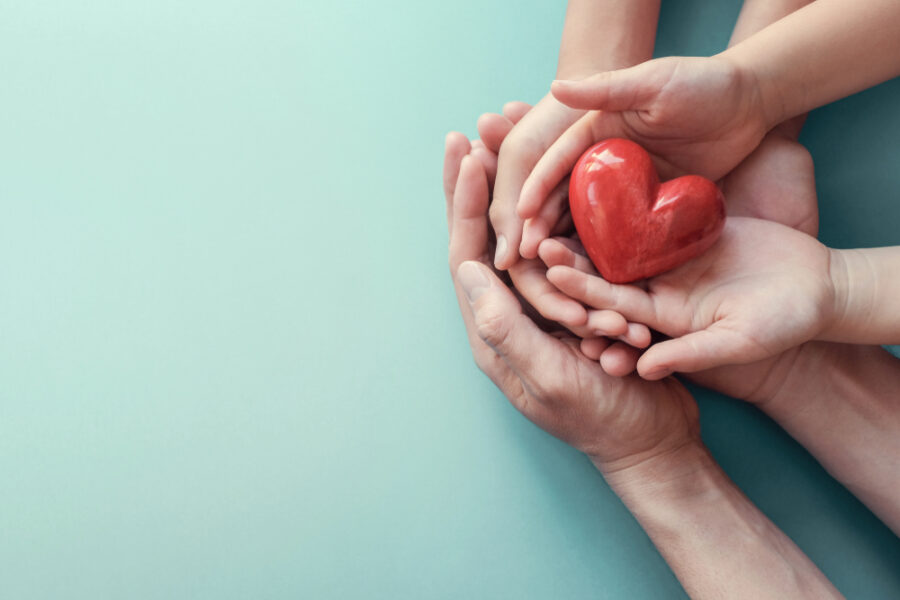Ever since the outbreak of COVID-19 in which most people were restricted solely to their homes over lockdown, mental wellbeing has been at the forefront of our attention. Since it wasn’t permitted to leave our homes, many individuals struggled with feelings of isolation and loneliness. As a result, we had to focus on our mental health in an alternative fashion by implementing a variety of techniques that we typically unknowingly weaved into our everyday lives. Of course, the following aren’t sure fire ways to magically amend your mental wellbeing, but evidence suggests that putting the following measures in place can aid you in feeling more positive.
Give to Others
It may sound cheesy, but it’s true that it really is better to give than to receive. In fact, acts of kindness can help you connect with others, provide you with a sense of self-worth and purpose, and create a sense of reward and positive feelings. Giving is a staple of many religions and cultures; for example, in Islam, Muslims are required to give Zakat as part of their commitment to Allah. Despite this, giving doesn’t have to solely apply to monetary donations. You might also try volunteering in your community, offering to help someone with a project, supporting your family and friends, taking the time to ask people how they are, and displaying gratitude when someone has helped you.
Focus on Your Relationships
Regardless of one’s independence, relationships are incredibly important to mental wellbeing. This is because they provide you with emotional support and give you the means of supporting others, they allow you to share positive experiences, and enable you to establish a feeling of self-worth and a sense of belonging. You should make an effort to spend some time with your family each day, even if this is just to eat together. Similarly, it’s important to take time for your friends by arranging a day out. Additionally, you might take your lunch break at work to have lunch with a colleague. Socializing is one of the most effective ways of combatting isolation.

Keep Active
Keeping active is imperative to aiding your mental wellbeing; however, it’s important not to pressurize yourself too much, as this could have the opposite effect. Instead, you should set manageable challenges and goals and work to achieve them. Doing so will not only raise your self-esteem but also release endorphins which are your brain’s feel-good chemicals. You should ease yourself gently into exercising and start with things that you enjoy, such as dancing, cycling, or swimming. Similarly, running is something that newbies are often intimidated by, but programs such as couch to 5k allow you to gradually build your stamina and achieve your fitness goals.
Develop New Skills
Developing new skills allows you to channel your energy into something that you enjoy and keep your mind occupied. In addition to this, learning a new skill provides you with the means of connecting with others, building a sense of purpose, and also enables you to boost your self-esteem and raises your confidence.
When it comes to learning something new, you should always opt for something that challenges you, including a new sport, learning to paint, or writing a blog. Similarly, you might sign up for a course at a local college where you can learn a new language or even pick up a practical skill. Otherwise, you might use something that needs to be fixed around the home to teach yourself something new (e.g., a garden gate, broken bike, etc.) Finally, you might enhance your cooking skills and whip up some tasty new dishes for all to enjoy.



 15 Most Healthiest & Nutritious Dishes Worldwide
15 Most Healthiest & Nutritious Dishes Worldwide




